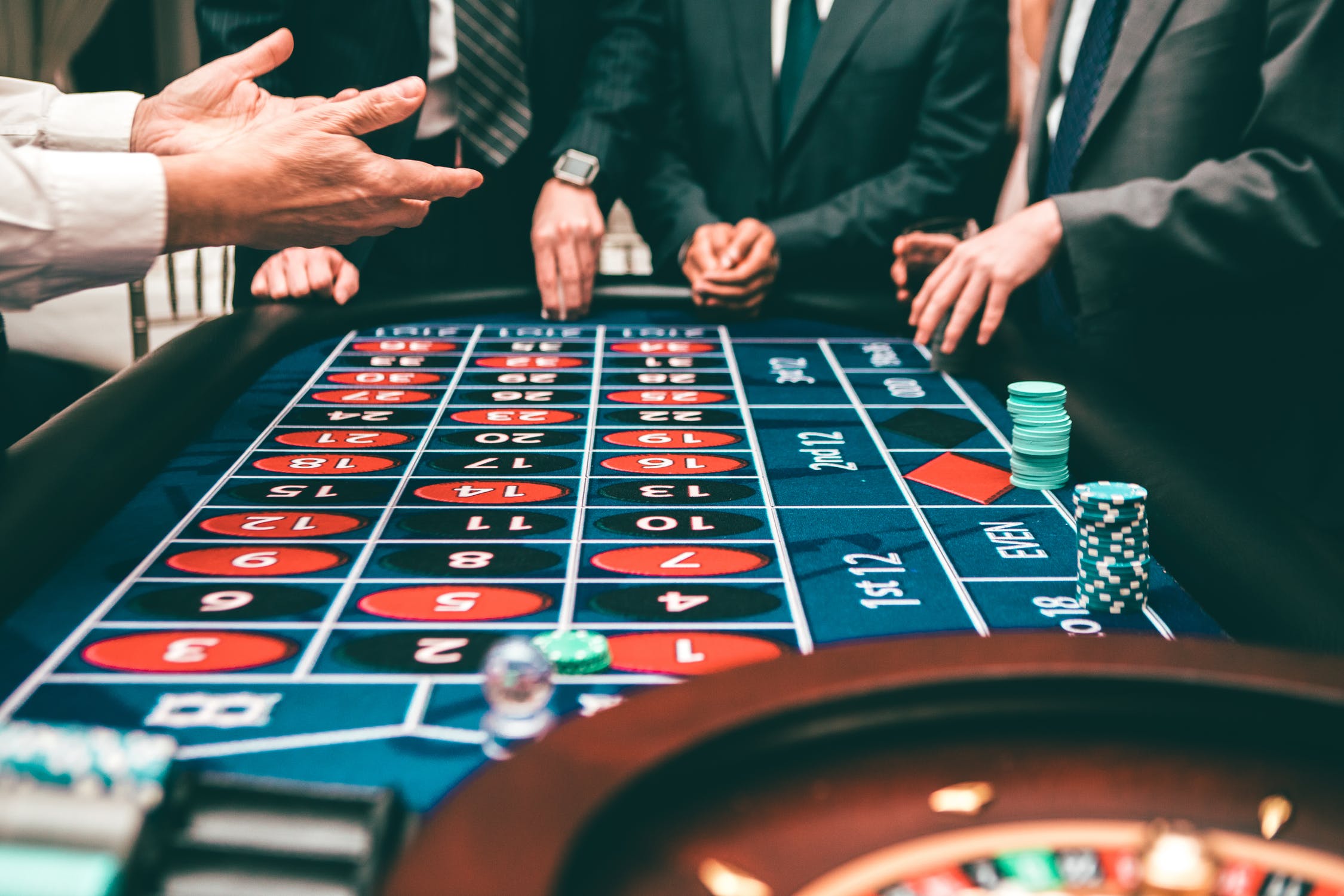
Casino activities have enthralled players for decades, luring them into a universe of thrill, chance, and fortune. From the sparkling lights of slot machines to the tactical intensity of card tables, these activities offer a distinct combination of entertainment and risk. However, underneath the shiny exterior of this glamour and finesse lies a complex interplay of calculations that determines every conclusion and decision made within the gaming hall.
Grasping this connection between casino games and math not just enhances the player’s journey but also can help participants make wise decisions. https://78win.wiki/ Whether you are a casual punter or a avid follower, recognizing the numerical strategies at play can offer insightful understandings into likelihood, ratios, and tactics, finally shaping how one deals with these chance games.
Mathematical Likelihood in Gambling
In the realm of casino games, statistical likelihood plays a critical role in assessing results and guiding gambler decisions. Each activity has a unique set of rules and a particular likelihood model that influences its dynamics. For example, in games like roulette, players must understand the odds of hitting a certain digit or shade. The likelihood of specific events occurring can be calculated, and this understanding can significantly affect betting tactics.
Players also need to be cognizant of the casino advantage, which is the statistical benefit that casinos hold over gamblers in the long run. This edge differs across various games. In 21, expert players can use strategies to reduce the house advantage to as low as one %, while in activities like slots, the house edge can be much higher. Understanding the house edge allows gamblers to make informed choices about which games to play and the amount to wager.
Additionally, probability is essential in the concept of danger versus reward in gambling. 78win wiki Each bet carries a specific risk level, and players must assess the potential payout against that risk. Games like poker require gamblers to not only compute the odds of their own showing winning but also to assess the probabilities of their rivals’ showings. By utilizing statistical concepts to their strategy, players can enhance their odds of winning and engage more strategically in the thrilling realm of gambling activities.
Anticipated Worth in Gambling Games
When discussing casino activities, one of the basic ideas rooted in mathematics is the expected worth. This statistical measure assists gamblers grasp the possible outcomes of their bets over time. In simple terms, anticipated worth (EV) determines the average amount a player can anticipate to win or suffer per wager if they were to play the activity repeatedly. Each game has its unique EV, affected by the probabilities and the house edge, which signifies the benefit that the casino holds.
For example, consider a game like roulette. The anticipated worth can be derived based on the specific bet placed. If a player bets on a single number, the return is 35 to 1, but the true chances of winning that wager are 1 in 37 (in European roulette). This results in a detrimental anticipated value, showing that, on average, players will incur a loss money over a period when playing this type of bet. Understanding this concept allows players to make more educated choices about which games and wagers may be less advantageous.
Additionally, the exploration of anticipated value can lead to improved money management. Gamblers who comprehend the math behind their activities are often able to set realistic expectations. By recognizing their potential deficits and profits, they can modify their playing strategies accordingly, which may improve their overall gaming experience. As a consequence, anticipated worth serves as a critical resource for both novice and experienced gamblers to steer through the often volatile nature of casino activities.
Tactics and Odds: The Mathematics Behind Success
In gaming establishments, comprehending the chances is crucial for gamblers attempting to boost their likelihood of winning. Each game has its own distinct set of odds that establish winning results, and these figures are often located in the game’s regulations or payout schedules. For example, in games like blackjack, participants can boost their probabilities through strategies such as card counting, which depends on math principles to gain an upper hand over the house. By educating themselves with the chances, gamblers can make more educated decisions on when to bet and when to give up.
Furthermore, the idea of average value holds a critical role in gaming tactics. Expected value calculates the typical outcome of a wager over a period, allowing players to assess whether a specific bet is worth taking. For example, fruit machines have a fixed return percentage, which can suggest the typical payout a player can expect on their bets. By opting for activities with higher expected values, participants can reduce the house advantage, enhancing their potential returns in the future.
Lastly, successful participants often employ a blend of luck and calculative tactics to enhance their gaming experience. While chance is uncontrollable, managing a staking plan based on math insights can lead to more favorable outcomes. By making use of techniques such as money management and picking games, gamblers can apply math to navigate the random nature of gaming, making the most of their time and money at the gaming tables.